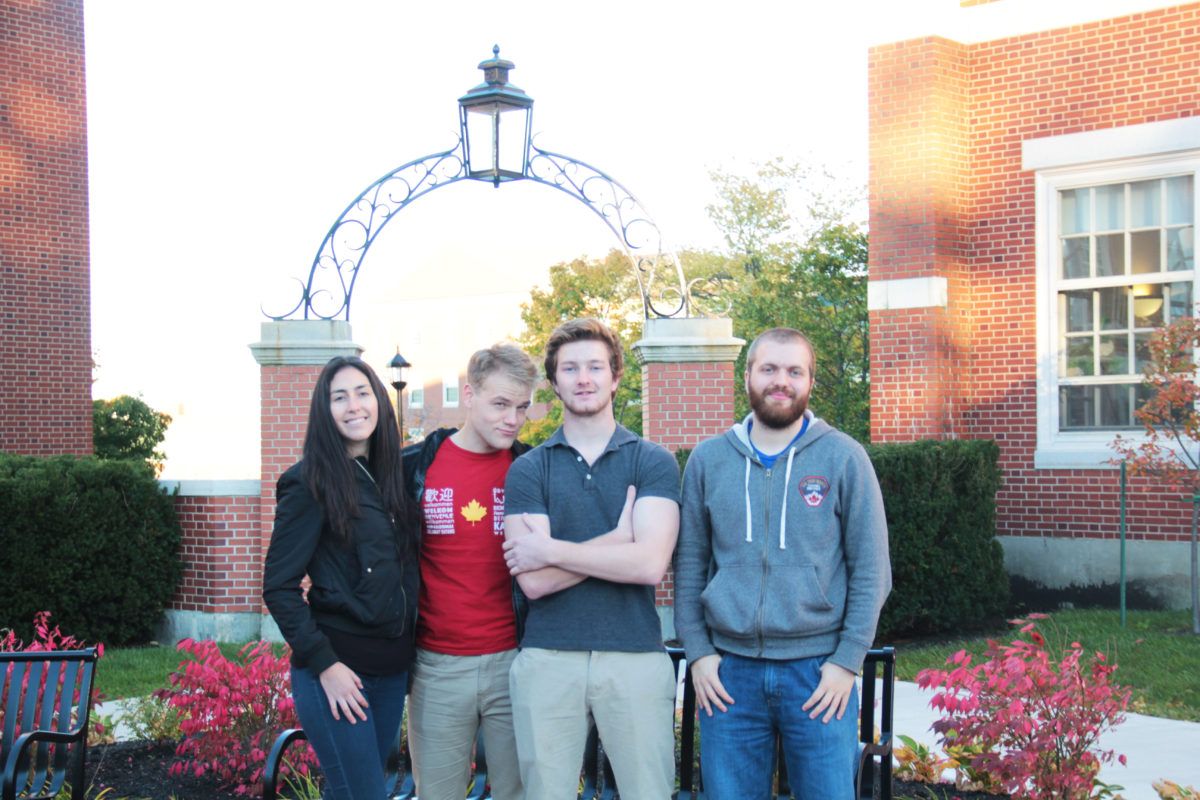Out of 36 countries competing, Canada’s Memorial University won the Enactus World Cup 2016, the conference that hosts the world’s largest competition of entrepreneurial action for social impact.
About a month ago, I travelled to Toronto to be part of this conference that gathered hundreds of students from all over the world to address the most pressing problems worldwide, such as food insecurity, the lack of access to education and poor sanitation.
Canada’s winning project, SucSeed, tackled the need for fresh affordable produce in Newfoundland and Labrador. Enactus members of Memorial University achieved this by designing and distributing a hydroponic system made of recycled materials. This system made it possible to produce fruits and vegetables even in the harshest weather conditions. It also employed vulnerable youth to assemble these systems and selected community leaders to be members of the co-operative and provide a fresh supply of food to the region year round, making the project self-sustainable.
The Enactus club at the University of New Brunswick and St. Thomas University was founded less than a year ago. The issues we are addressing as of now are the province’s scarcity of youth employment opportunities and we’re also working to reduce the province’s negative environmental impact.
Even though we’re still gaining momentum, we have done projects that have caused impact in our local community. Six months ago we organized SpringUp, a project to welcome spring by cleaning up the riverbank from litter after the snow melted. Around 40 volunteers turned up for the event and we got to cover over 5 kilometres of land. Over the summer, we paired up with Autism Works to provide consultation for young entrepreneurs with autism, resulting in two new businesses. We work with the hope that one day, our projects will be as big as this year’s champion.
Dylan Renouf, Enactus president at UNB and STU said, “The Enactus World Cup was one of the most culturally immersive experiences of my life.”
Nearly 70,000 full-time students are involved with Enactus worldwide and are generating real change in their local communities and escalating their projects to have a global social, economic and environmental impact.
Organizers of the Enactus World Cup 2016 said the projects presented this year have directly impacted over one million people.
Symone Jennings, student ambassador and program co-ordinator at the Pond-Deshpande Centre for innovation and entrepreneurship in New Brunswick, thinks student involvement in the entrepreneurship scenery benefits both students and businesses.
“Entrepreneurship is a big word, but your ideas can start really small. And that is the first step: finding that passion and turning it into an idea,” she said.
She thinks the second step is following that motivation and embarking in the entrepreneurship journey. “To address the region’s challenges, we need more social entrepreneurs, who see themselves as being opportunity creators instead of opportunity seekers,” she added.
Renouf believes social entrepreneurship is one of the most important activities you can take within your university career.
“If you are interested in making a change, I would recommend to look into social entrepreneurship,” he said.
I won’t forget how Toronto’s CN Tower shined in gold to signal the beginning of the Enactus World Cup 2016. And how Swati Mandela, Nelson Mandela’s granddaughter, explained, “this represents how your efforts are lighting up the world.”

